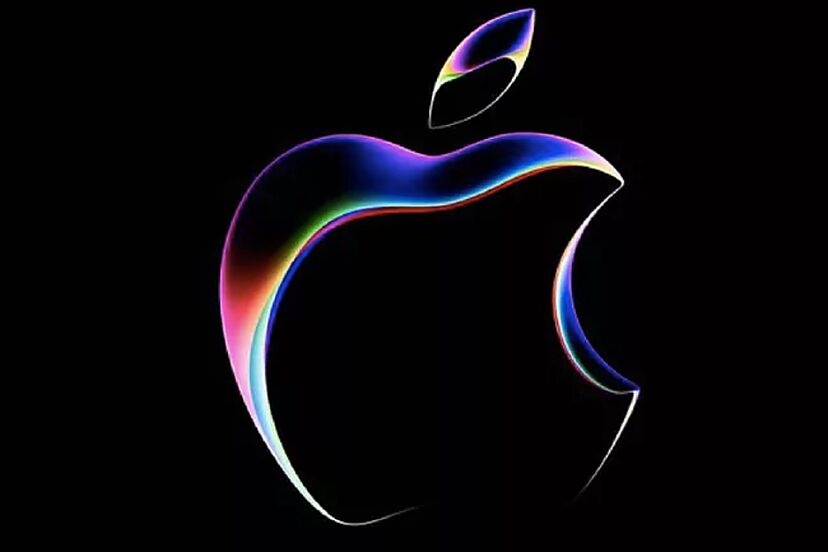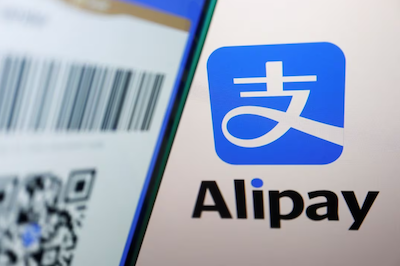Apple is encouraged to prioritize practical applications of AI over flashy features, reflecting a growing industry emphasis on delivering tangible, user-focused benefits from artificial intelligence advancements
Next week’s Worldwide Developers Conference is anticipated to be the debut of Apple Intelligence, and Google and Microsoft have already utilized their developer conferences as a platform to demonstrate their generative AI capabilities.
The Cupertino-based organization is currently experiencing substantial duress. It is likely that Apple is under the impression that it must go above and beyond to impress its shareholders and fans, as it has fallen behind its rivals in the AI race.
However, this does not necessitate making excessive promises regarding functionality.
Reliability is paramount
We expect Apple’s AI capabilities to enhance the functionality of its devices, which are among the most widely used on the planet. Numerous AI-powered features necessitate returning to the cloud to retrieve responses or inputs.
Nevertheless, users may abandon cloud-based tools in favor of always-available AI if Apple is able to implement some beneficial features locally on the device. The Voice Memo and Notes applications may be suitable for offline transcriptions.
It is probable that Apple will disclose summaries of web pages and notifications, as well as rudimentary text generation and photo editing.
Nevertheless, a multitude of note-taking applications, browsers, and photo-editing applications already possess these features.
In order to distinguish itself, Apple must ensure that its implementation is as seamless and efficient as possible.
Privacy is paramount
Apple may not allow Siri or AI-powered features to control all applications, as it is likely to strengthen its privacy-first approach.
AI features will be available exclusively on the iPhone 15 Pro and iPads or Macs with M1 or later processors, according to a Bloomberg report. These features will be opted in exclusively.
If this is accurate, Apple remains cautious and does not wish to entangle in the user backlash, despite its tardiness in adopting AI features.
Recently, the company faced criticism for its iPad “Crush” advertisement, which showed a hydraulic press destroying creative instruments.
People perceived this as Apple undervaluing creators, their instruments, and the effort required to create art by encapsulating it in a compact capitalist package. As AI has already garnered a negative reputation among creators, Apple may be hesitant to further irritate them.
Therefore, it is probable that it will adopt a non-controversial stance.
Enhancing Siri
The most significant anticipated change is the redesign of Siri by Apple to enhance its ability to comprehend users’ inquiries and provide more precise results. Siri is currently incapable of multitasking.

The assistant will establish a 15-minute timer if you request that it set a 10-minute timer and a 5-minute timer. Generative AI may not be required to address these issues; however, Siri’s redesign should incorporate them.
Apple may simplify users’ lives by introducing an AI assistant that assists users in developing intricate Siri shortcuts to accomplish multistep tasks if Siri fails to obtain the anticipated level of access to app data.
There are rumors that Apple will disclose a partnership with OpenAI to power AI features across its operating systems. It is uncertain how much of Apple Intelligence will be based on that agreement.
Considering the hallucination issues associated with AI, it is possible that Apple may not wish to be directly involved in content-related AI features at this time.
Numerous businesses make grandiose claims regarding AI-powered capabilities, only to be disappointed by the inaccurate or biased outcomes. Organizations like Google and OpenAI have had to withdraw their AI capabilities due to errors or copyright issues.
Therefore, it may be less desirable for the organization to depend on LLMs (large language models) for content generation.



